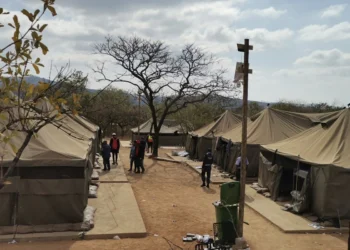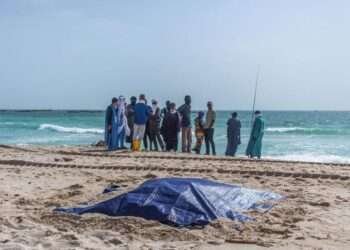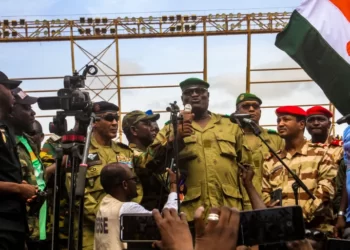South Sudan is set to hold its very first general election in the next 18 months, marking the end of a peace accord negotiated nearly five years ago to bring the young nation out of violence, that killed has 400,000 civilians.
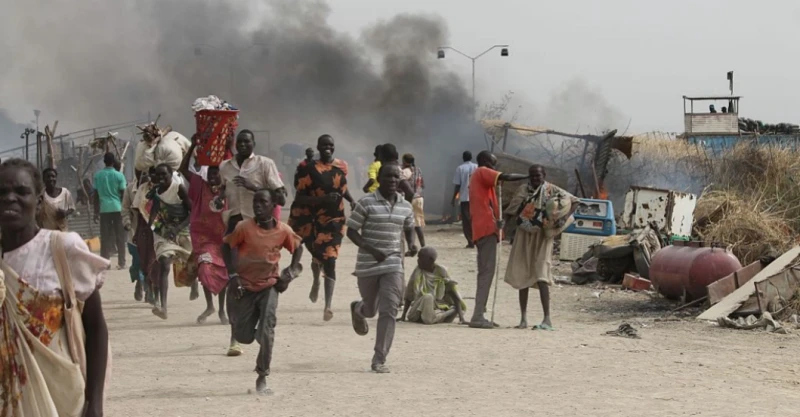
Per the Armed Conflict Location & Event Data Initiative, conflict still persists in some areas, killing 2,240 people in 2017, though large-scale battles have ceased. At least 20 people were murdered and over 50 injured earlier this month, after intercommunal fighting in a UN protection camp in the country’s north.
However, the peace deal has been slowly put into effect. The elections, which were initially planned for this year, have been moved to December 2024. Concerns have been raised that, the country may experience a return to conflict rather than the transfer of power, because other crucial aspects of the agreement have not been carried out.

Moreover, Edmund Yakani, Executive Director of Community Empowerment for Progress Organization, has raised doubts about how well the country would fare after the election.
“We are going for the electoral process without meeting the benchmarks that create a conducive environment for the conduct of elections. The return of the country to violence is more evident than the country staying in stability.”
Edmund Yakani, Executive Director of Community Empowerment for Progress Organization.
Additionally, the establishment of a permanent constitution is still pending. There hasn’t been a census. The security structures, which are thought to be the foundation of the accord, are not yet fully in place. The National Army is supposed to consist of 83,000 soldiers drawn from both government and opposing forces, but only 55,000 have graduated and haven’t yet been sent into combat.
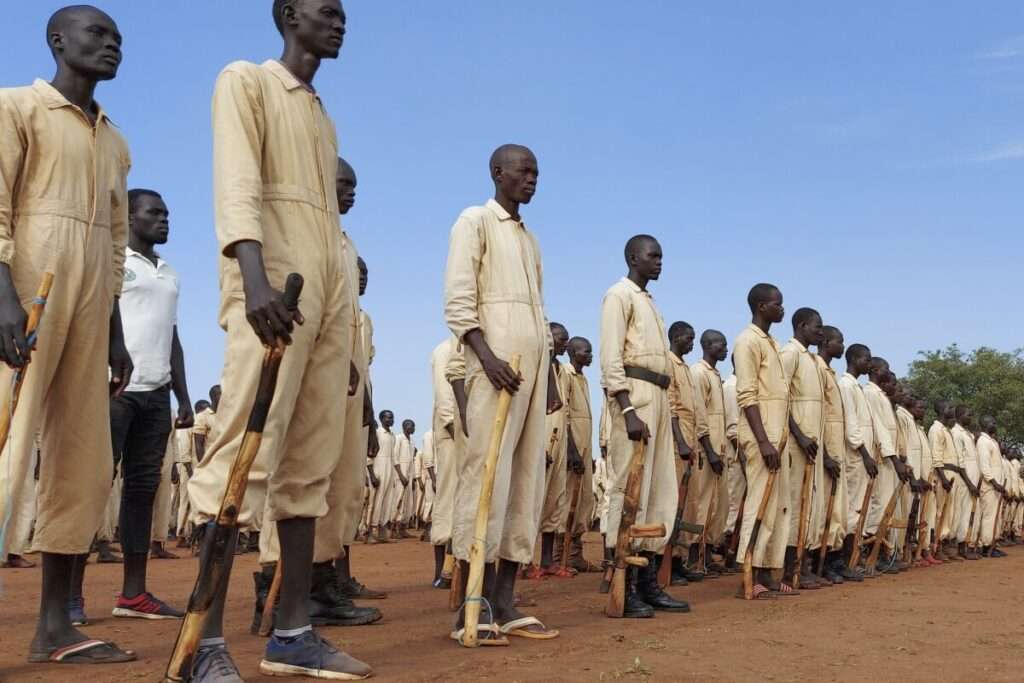
According to Yakani, others slumber in poor training facilities, with insufficient food, and many soldiers claim, they receive little pay. Locals involved in the security arrangements claimed that, because there is so little confidence, the major parties have deployed their inexperienced or newly recruited fighters instead of key and experienced figures.
Joshua Craze, a researcher on South Sudan, added that, “the peace agreement signed in 2018 has enabled the government to fragment the opposition by encouraging defections and setting commanders against each other, intensifying violent conflict.”
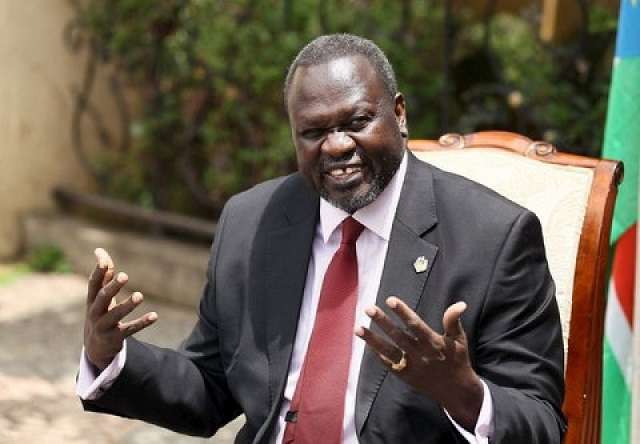
The opposition however, has accused the administration of lack of political will to organize the elections, so it can continue to plunder the wealth of the nation, including oil. Riek Machar, the first Vice President, leader of the main opposition, and a former rebel leader, has been quoted saying, “They don’t have genuine political will to implement the peace agreement because they look at the agreement from the angle that it is crippling their powers.”
Although South Sudan has enormous riches, there is no accountability on what happens to the wealth. Transparency International ranked the country as the second-most corrupt in the world the previous year.
During a press briefing in May, Nicholas Haysom, a delegate for the UN, warned that, now, circumstances are not good for transparent, free, and fair elections. However, other diplomatic officials worry that, extending the peace agreement once more, would send a negative signal to South Sudanese civilians, investors, and aid providers.

Furthermore, the government claims, it is committed to the peace process and would conduct the elections on time. “I will never take South Sudan and its people to war again,” President Salva Kiir said during a reconciliation and healing summit in May.


